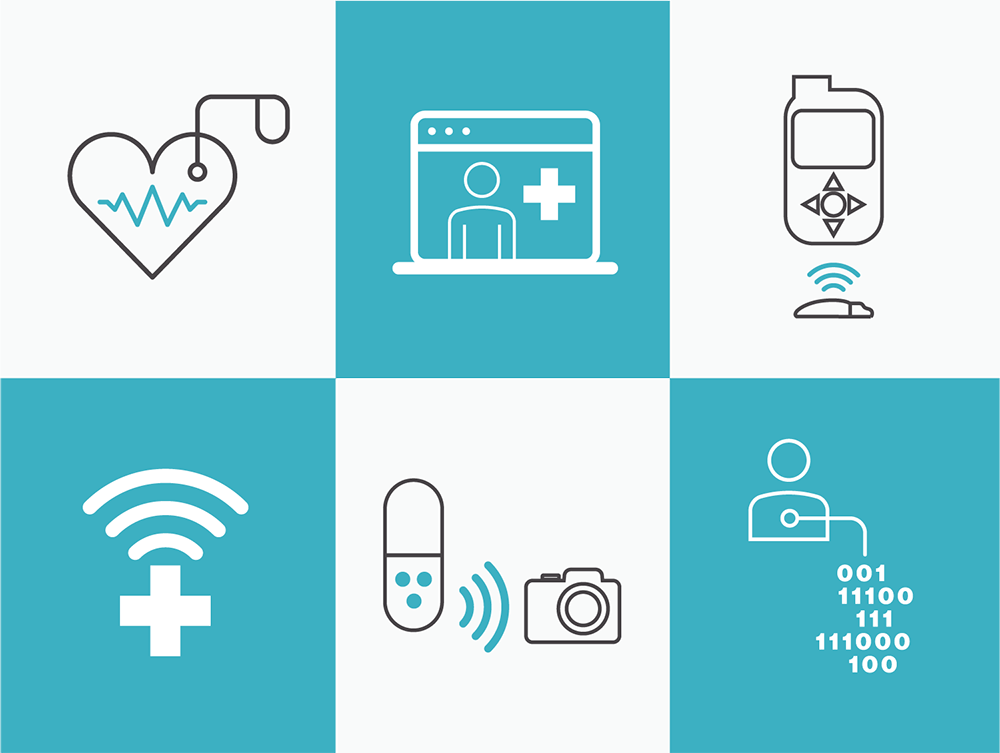Smarter devices, better patient care
We are at the very beginning of a medical revolution, fueled by our ability to analyze hitherto unheard-of amounts of data using artificial intelligence (AI). AI is enabling the development of smart medical devices that can address some of society's most persistent and expensive health problems. Conditions such as heart arrhythmias, type 1 diabetes, celiac disease, irritable bowel syndrome, and intestinal cancer can kill or disable millions of people every year and cost billions to diagnose and treat.

This content was produced by Insights, the custom content arm of MIT Technology Review. It was not written by MIT Technology Review's editorial staff.
Instead of simply dealing with crises, or stabilizing patients with chronic health issues, medical devices can supply data to AI algorithms, which also draw from other data sources to diagnose and predict the course of a disease. The devices can use the resulting analysis to anticipate and prevent crises, detect issues that might have gone unnoticed, and help keep patients healthier.
The development of these smart medical devices is enabled by a combination of miniaturization, more powerful computing, advanced computational modeling, and increasingly sophisticated data analytics techniques for programming AI algorithms.
Download the full report.